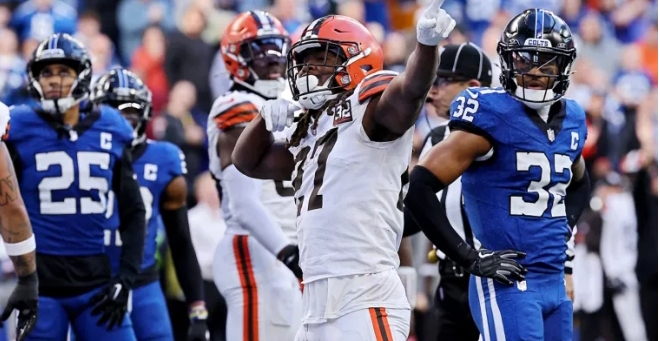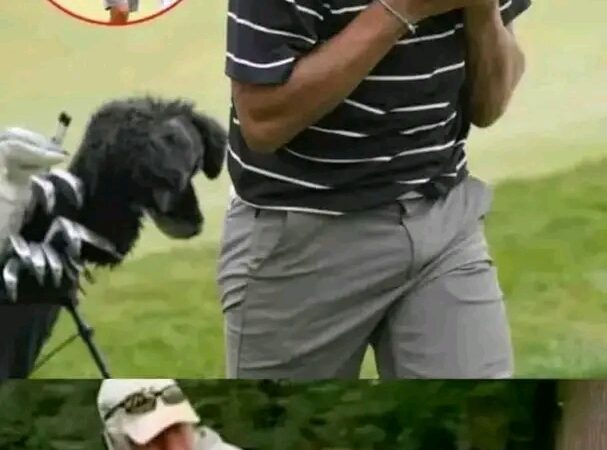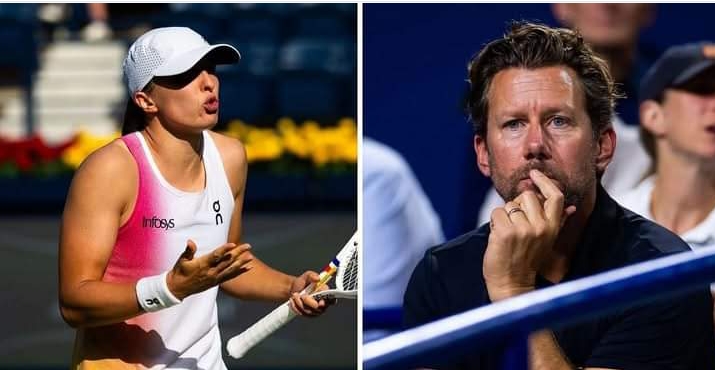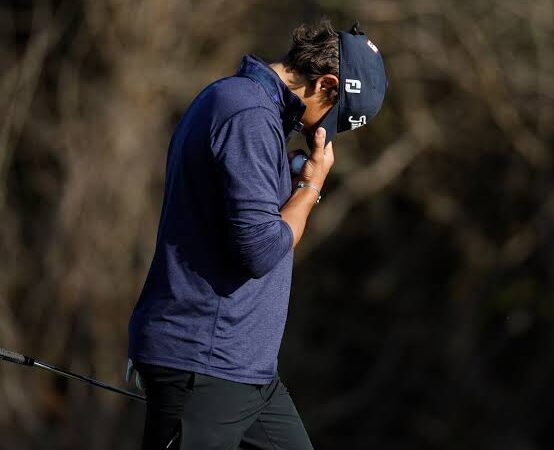Colts penalty explained: Browns win after controversial illegal referee contact, pass interference call.

The Browns finally came back against the Colts with a final touchdown in the final 15 seconds to beat Indianapolis on the road.
But they needed help to get the win.
Against Indianapolis, two questionable penalties deep in Colts territory moved the ball closer to the end zone, with the latter of the two penalties putting the ball on the Colts’ 1-yard line.
It took a few tries from the 1, but the Browns finally managed a field goal to give Cleveland a 39-38 win.
Indianapolis managed just two touchdowns before fumbling the ball and losing the game by that score.
“We’ll have to go back and take a look,” Colts coach Shane Steichen said after the game.
“They said there’s an illegal connection there, so we have to go back and look at it and look at it from our side,” he said.
The first penalty kick was the most defining moment of the period. Browns quarterback PJ Walker lined up to throw, but fumbled the ball and the Colts got it back, ending the game.
However, officials identified Darrell Baker Jr. Amari had an illicit relationship with Cooper. According to the NFL, the rules for illegal contact beyond 5 yards are as follows:
If the receiver is outside the 5-yard line with the ball in the pocket, the quarterback cannot make contact with the receiver in an attempt to avoid him.
A defender may only use his hands or arms to block or defend against the receiver’s impending contact.
Baker appeared to make contact with Cooper more than five yards from the line of scrimmage, but Cooper appeared to lay down Baker, who began to fall.
Baker’s connection didn’t seem to bother Cooper either.
A pass interference penalty was then issued. Walker Donovan looked in Peoples-Jones’ direction and sent him into the end zone.
But another flag went up, calling Baker for defensive pass interference.
The contact was enough to warrant a penalty, but it was clear that the pass could not be caught and extended into the end zone where the flag should have been removed.
Referees often allow players to play late even if the game is close.
Sunday’s umpires were confident their influence would be felt in the decider.






